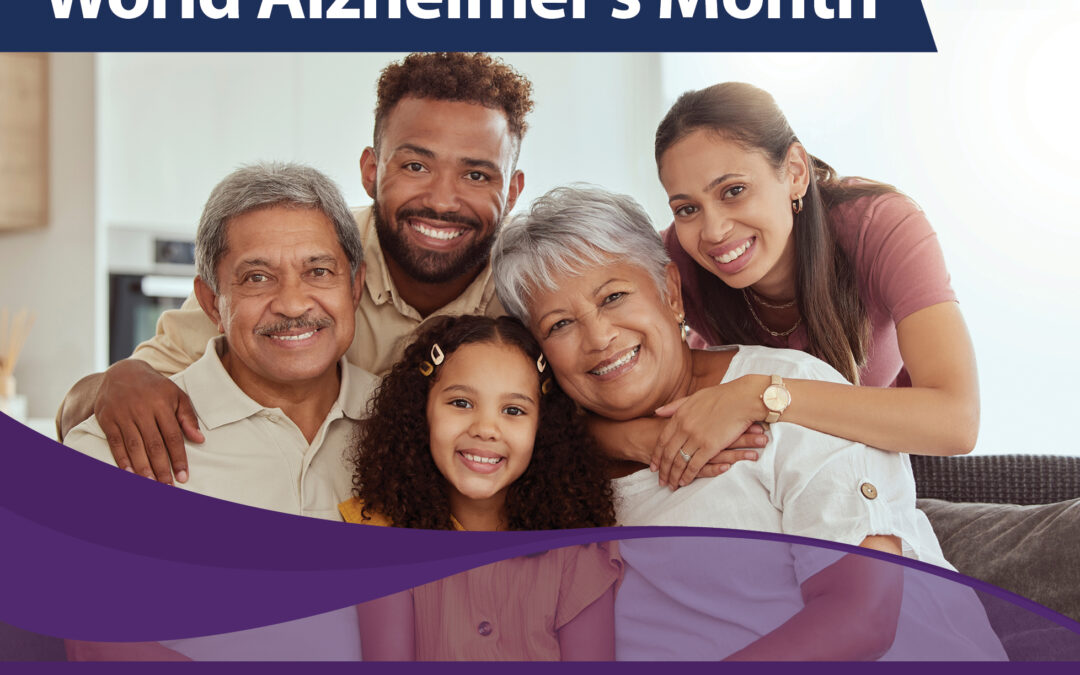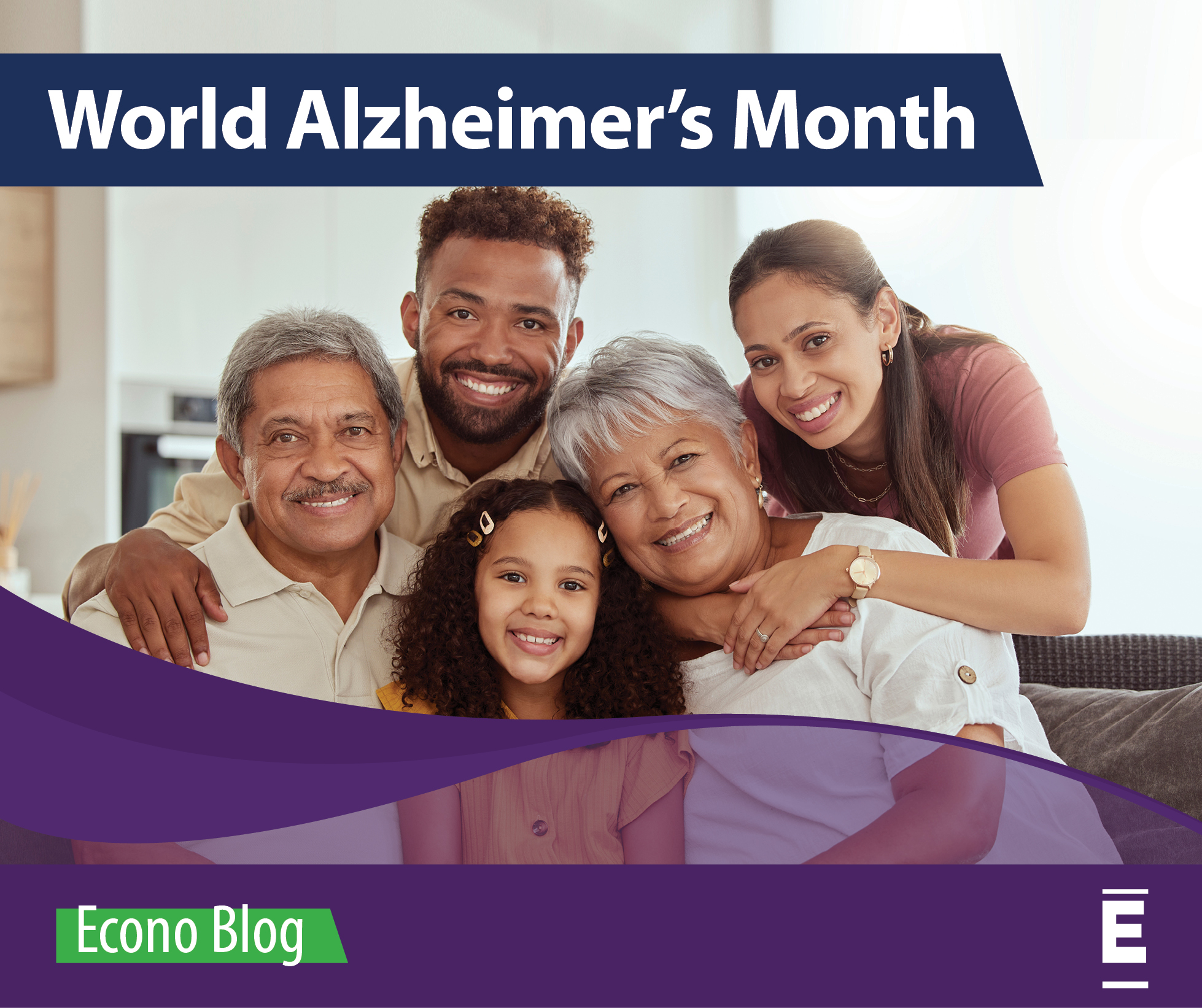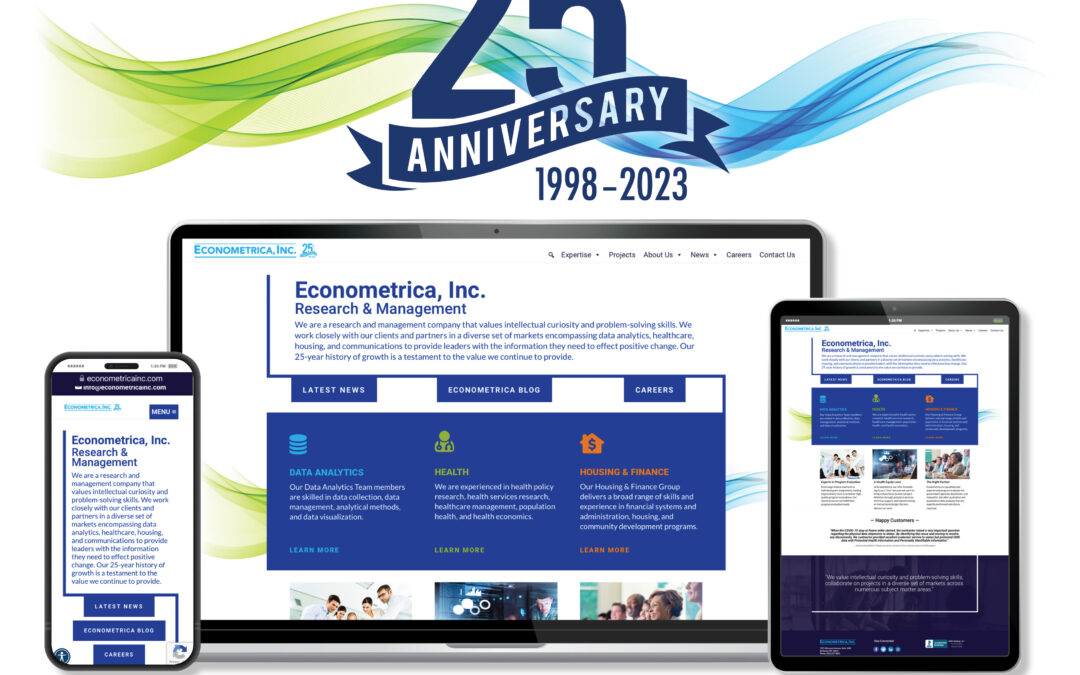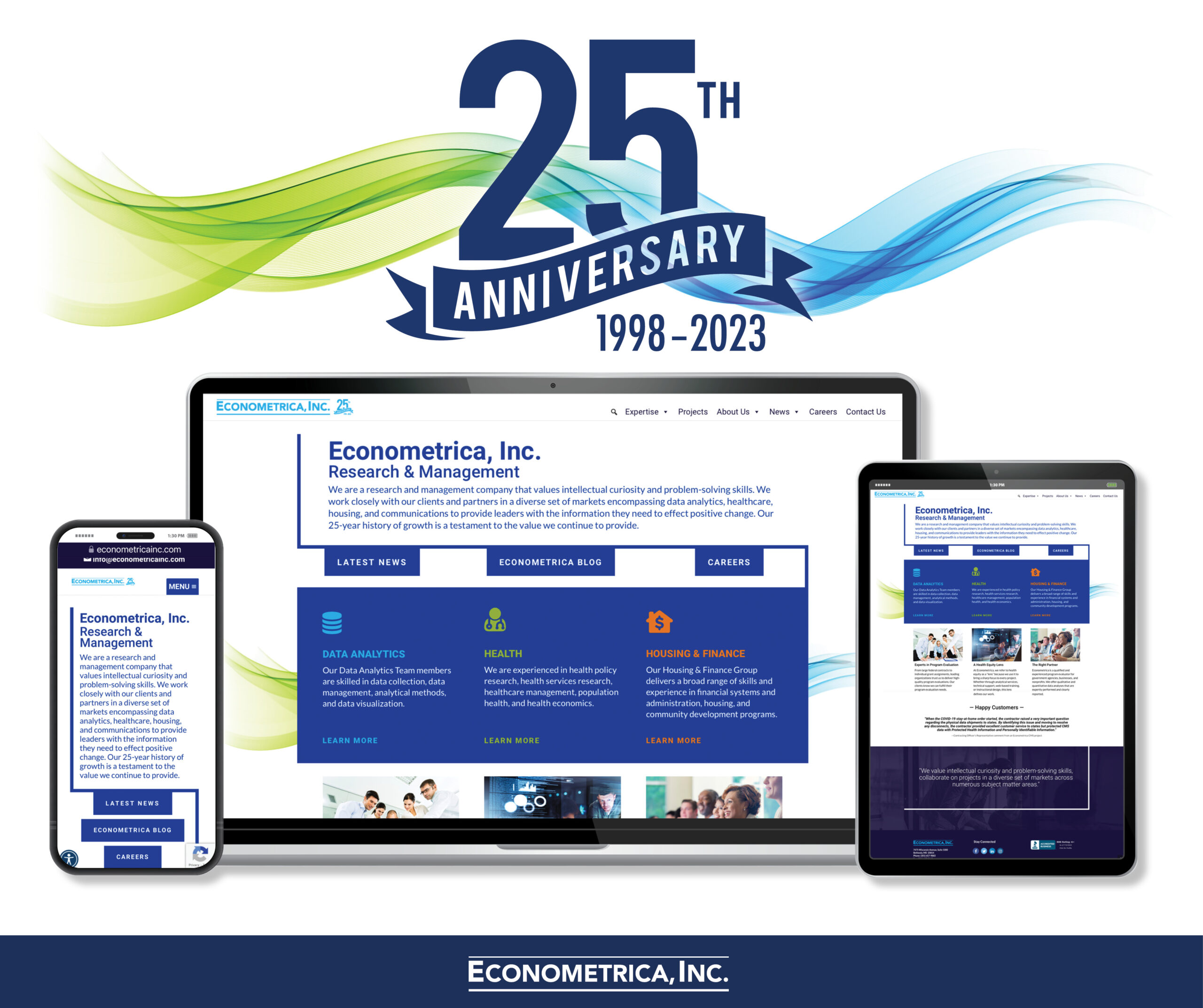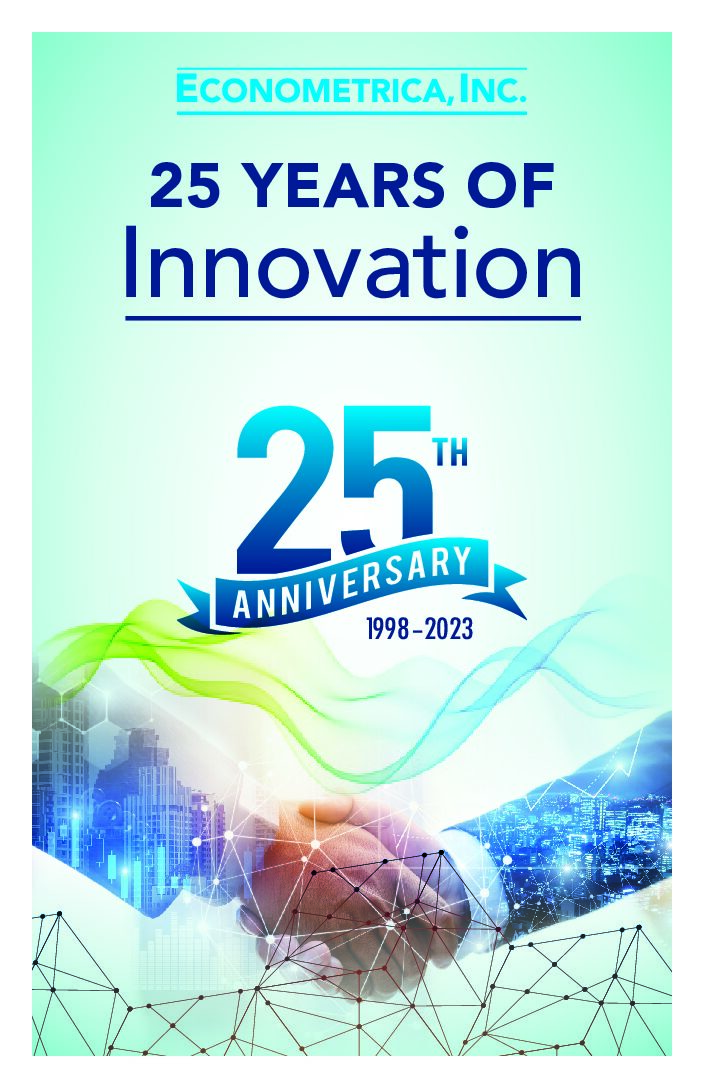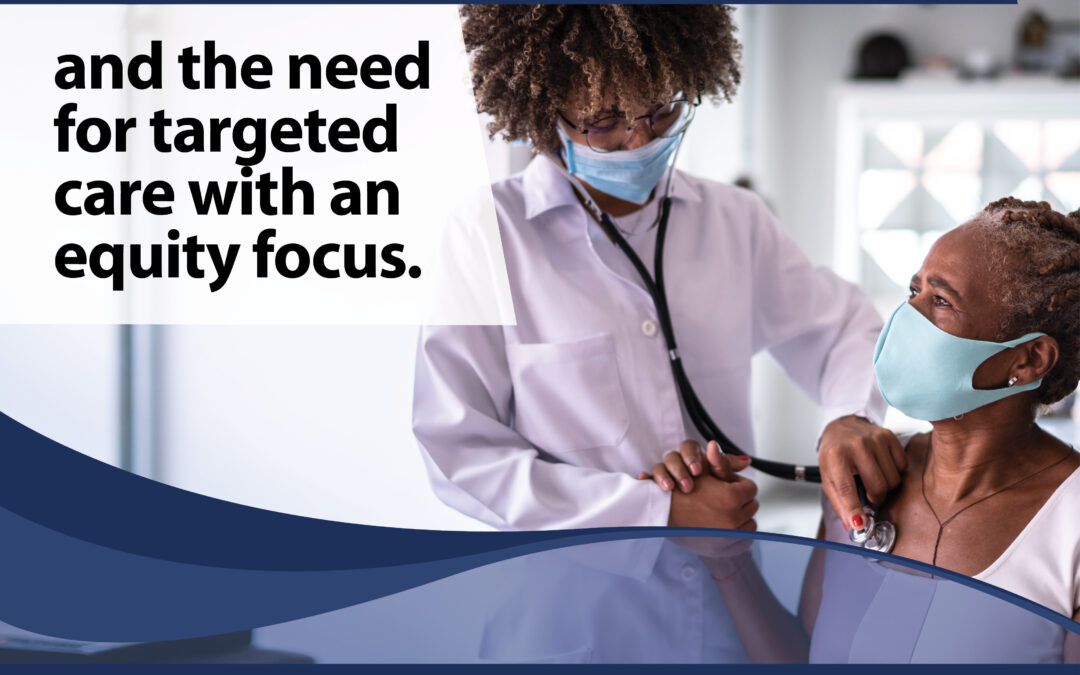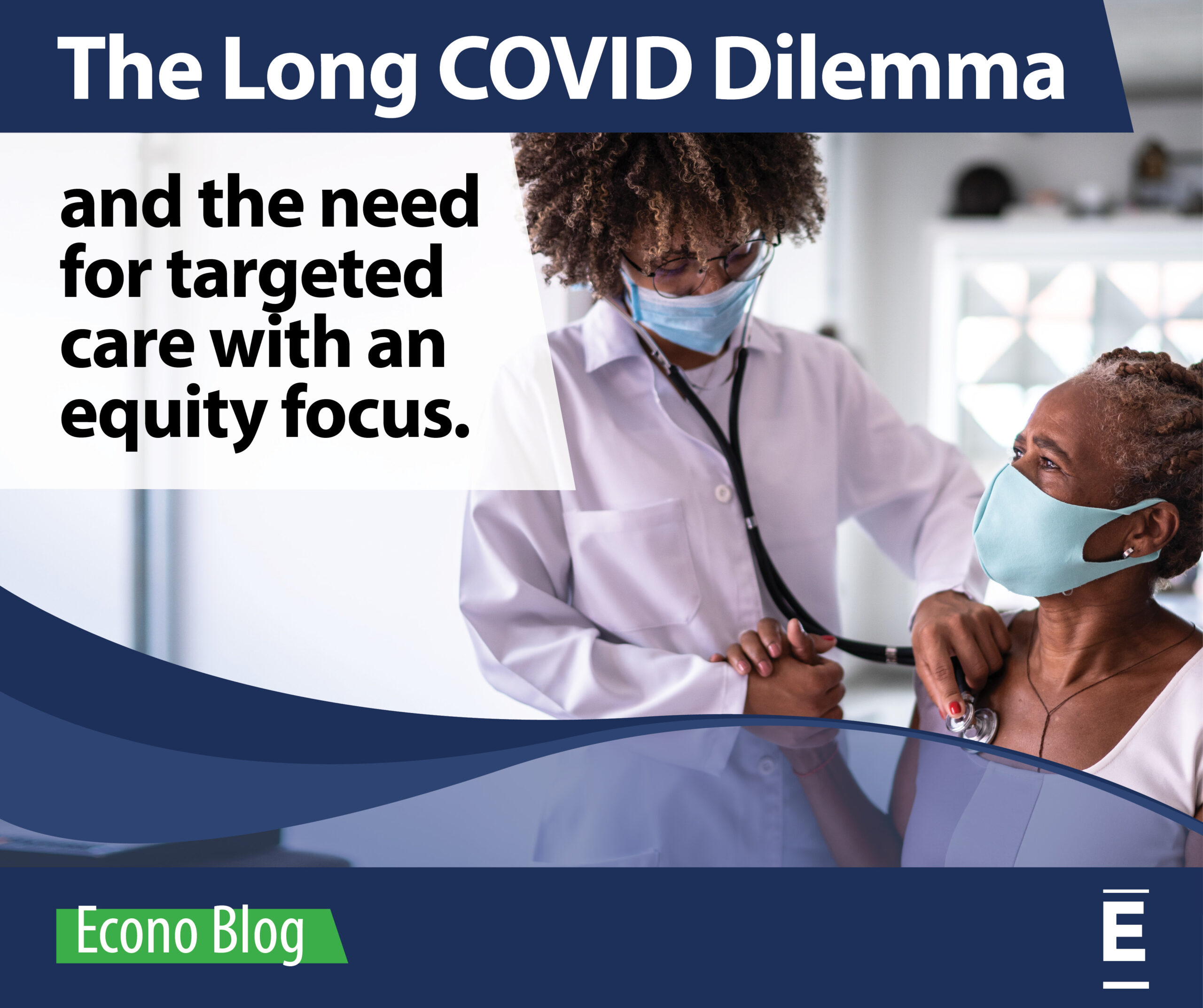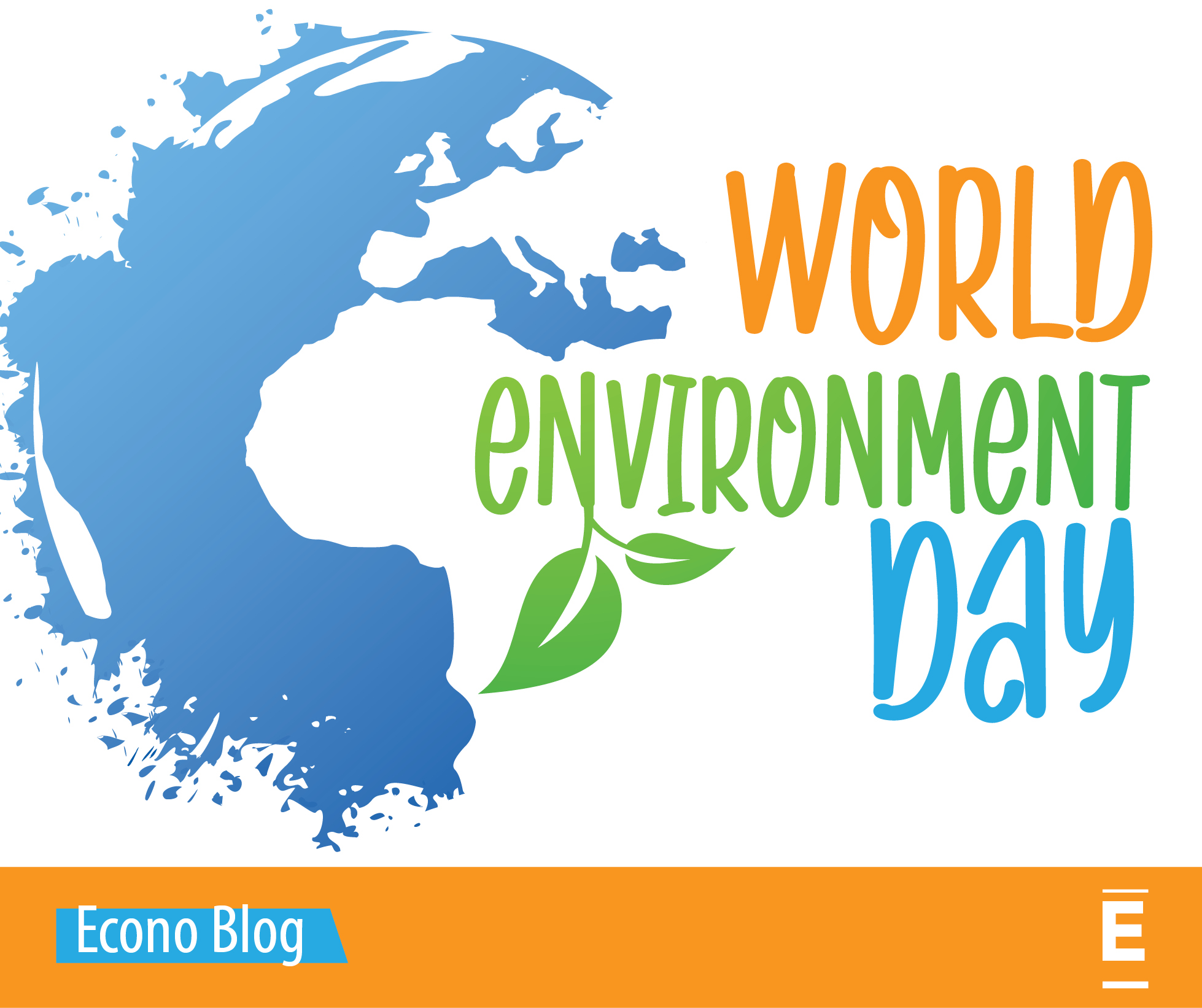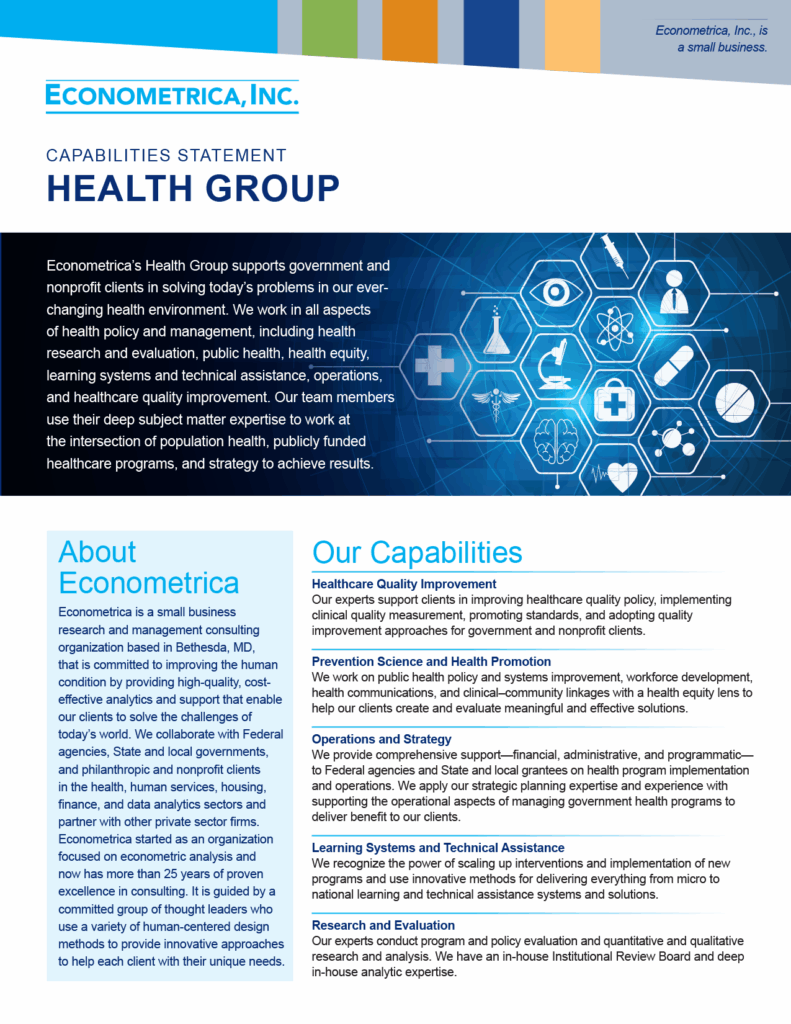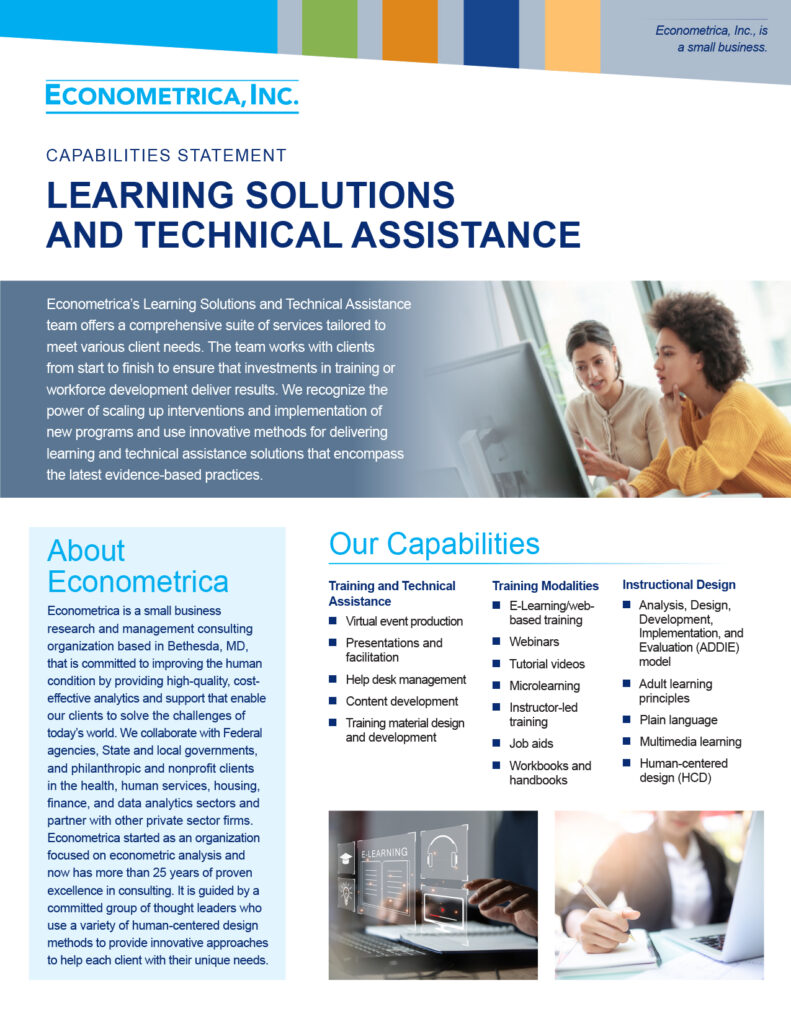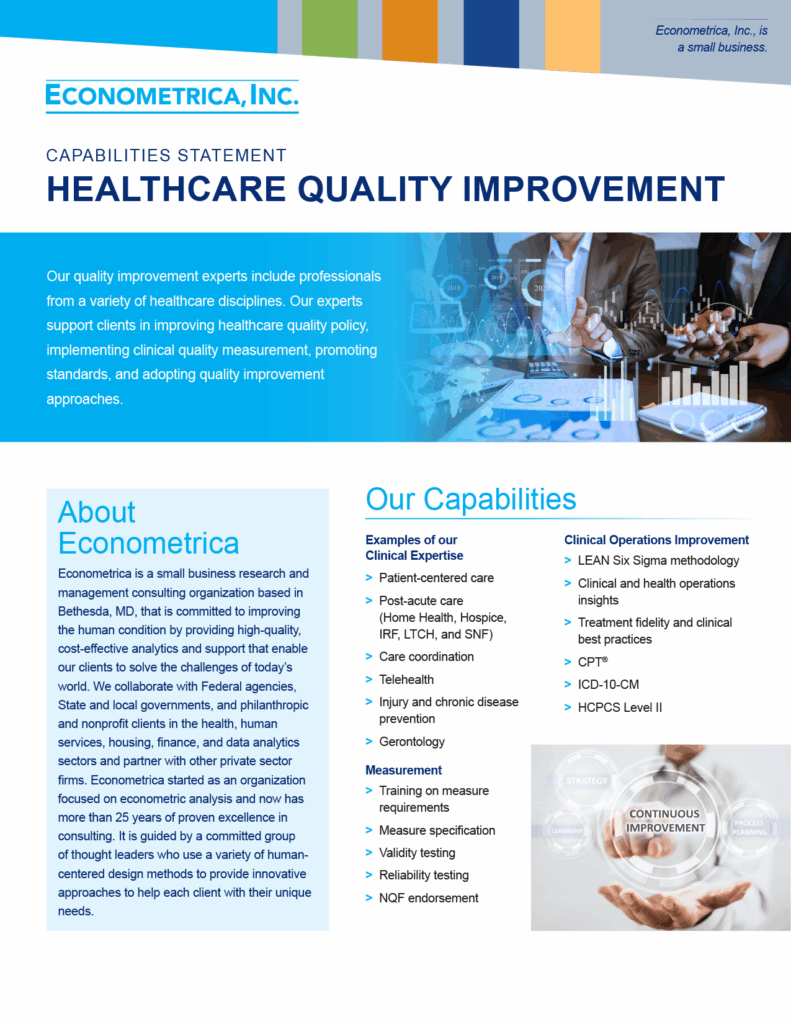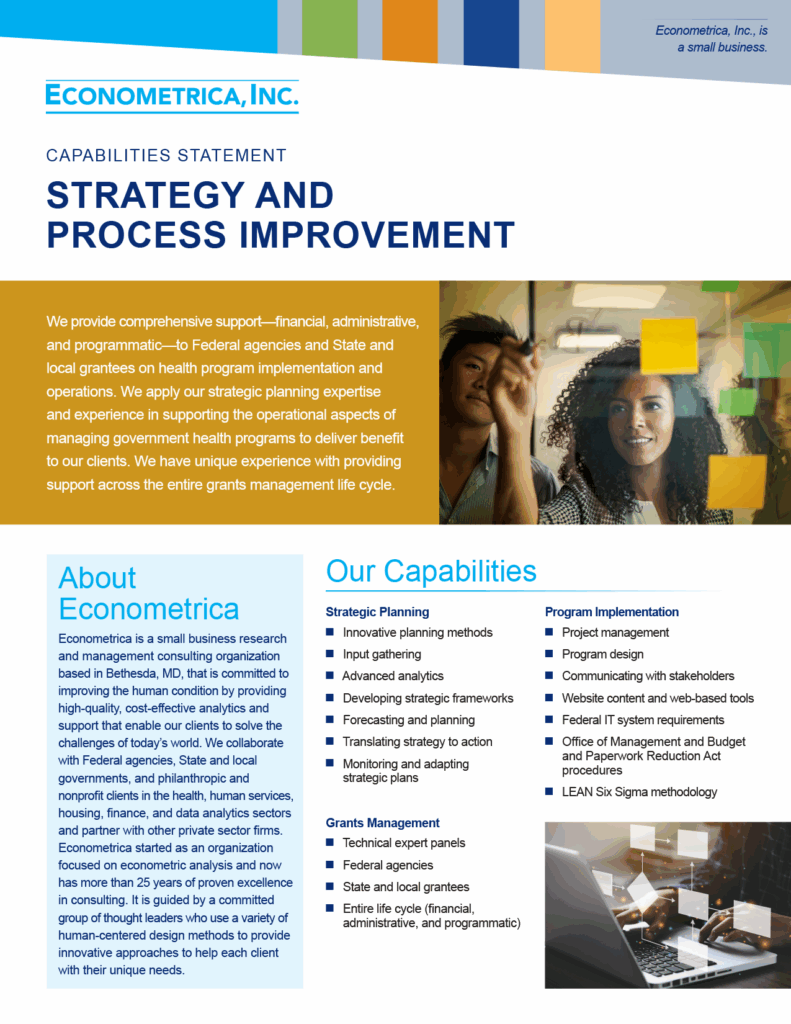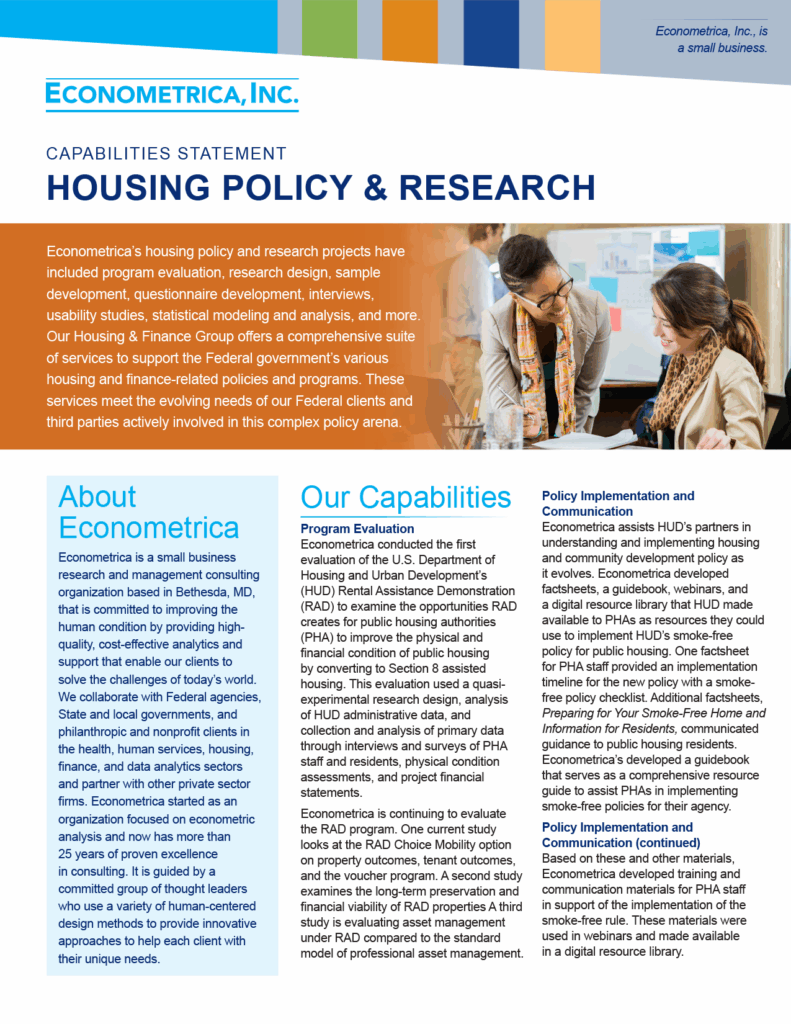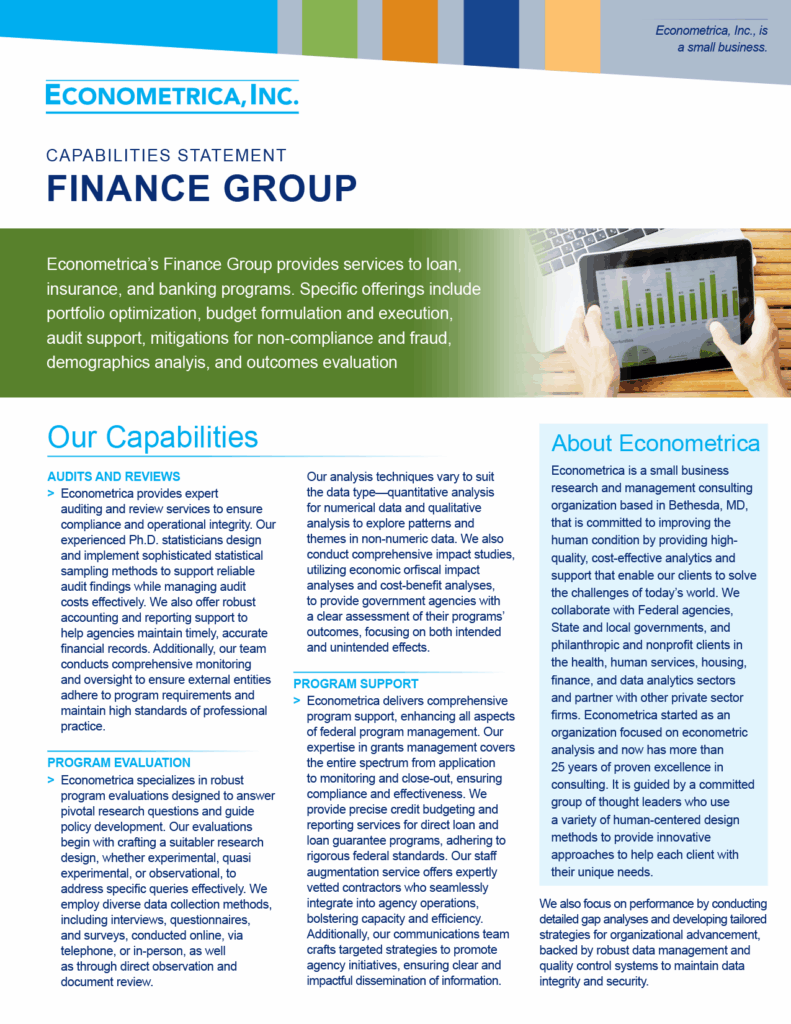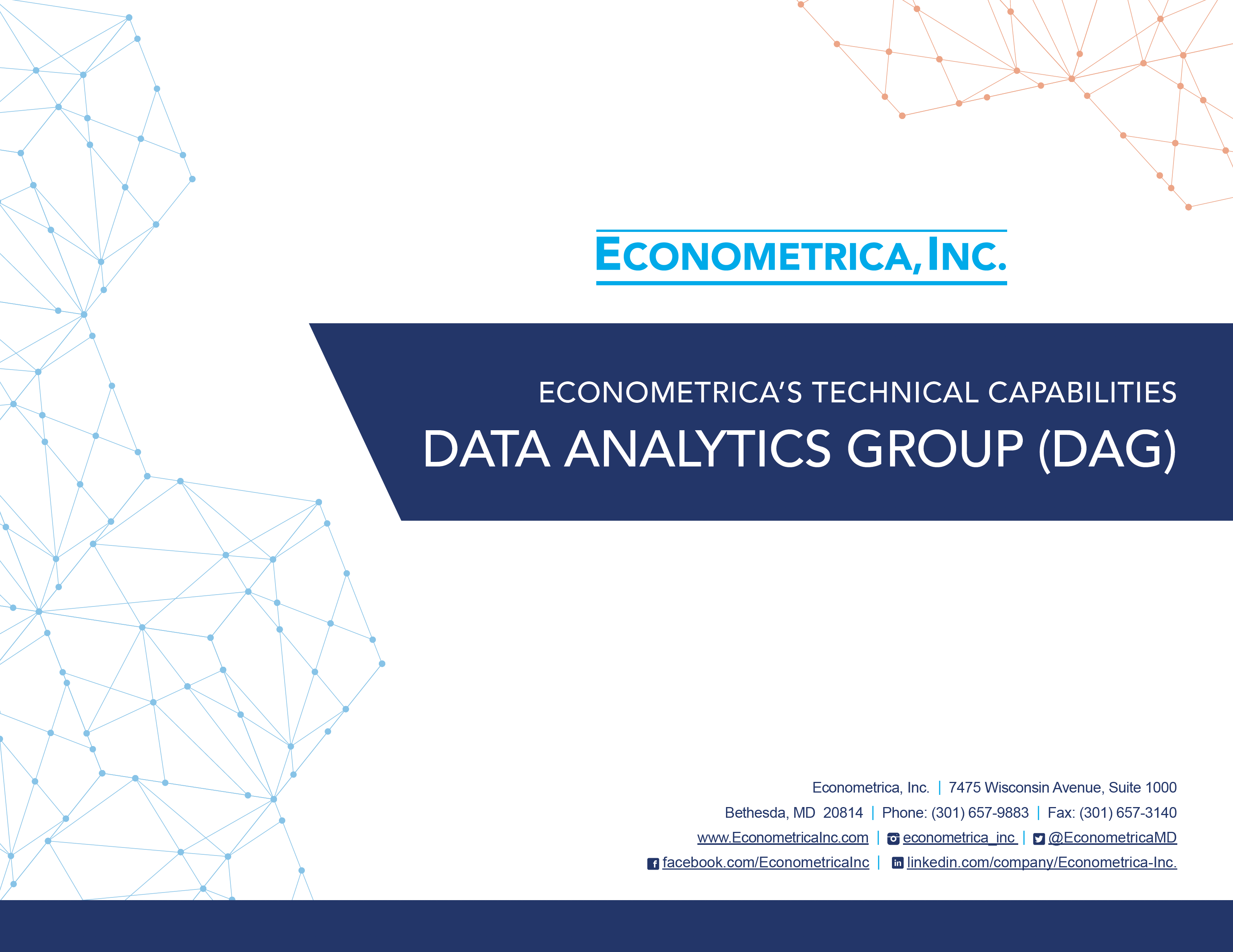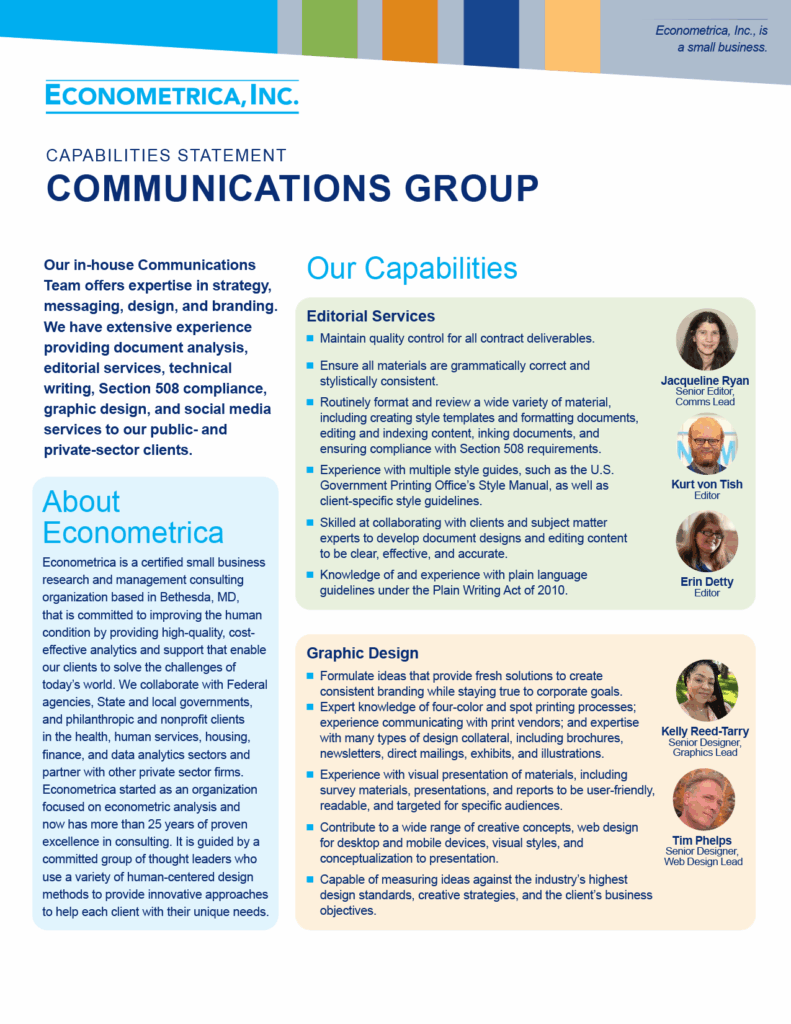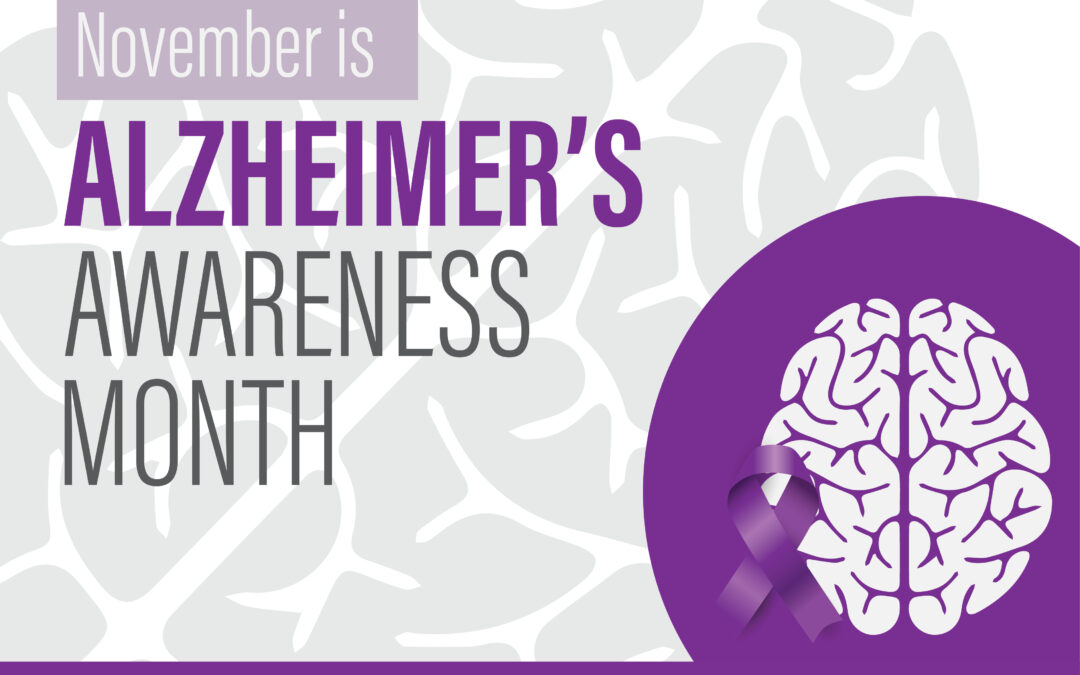
Alzheimer’s Awareness Month
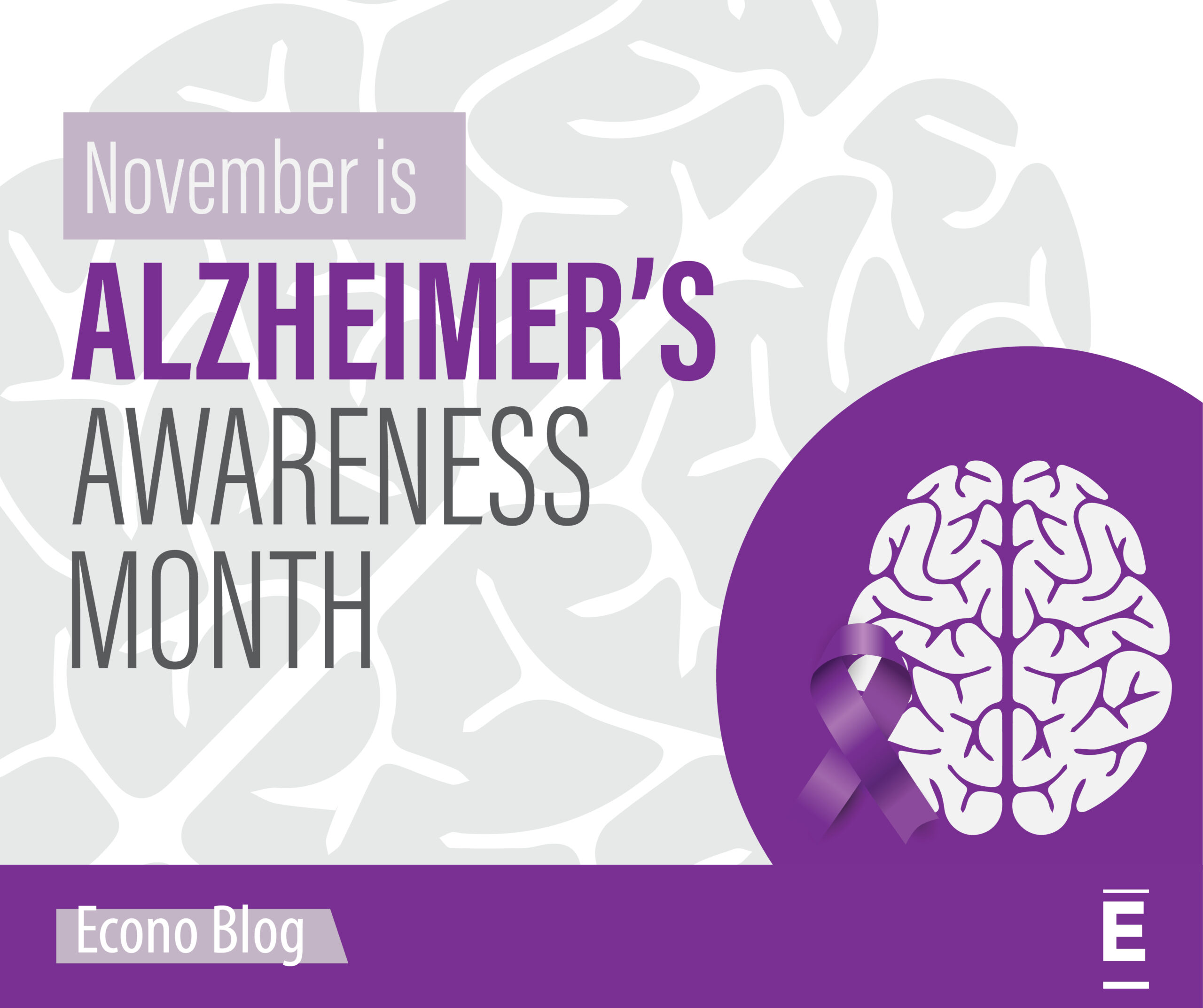
Dementia is one of the most serious health and social care issues of our day. Approximately 50 million people around the world are living with dementia, and more than 6 million Americans have Alzheimer’s.[1] Alzheimer’s is the most common cause of dementia among older adults and is currently ranked as the seventh leading cause of death in the United States.[2] One in three seniors dies with Alzheimer’s or another dementia.[3] As the world’s population ages, the serious implications of Alzheimer’s and other dementias on services and health systems will continue to grow. In fact, deaths from Alzheimer’s have more than doubled from 2000 to 2019,[4] and the number of people globally who have dementia is expected to triple by 2050.[5]
The Effects of Alzheimer’s and Dementia
The effects of Alzheimer’s and dementia are not limited to people living with these conditions; the demands of caring for a person with Alzheimer’s or dementia can significantly impact one’s physical and emotional wellbeing.[6] In the United States, more than 11 million people provide unpaid care for loved ones with Alzheimer’s or other dementias.[7] A strong support network and respite care may help caregivers cope with stress of caring for a loved one with dementia.[8]
Dementia also deals a significant blow to people’s financial wellbeing. In 2023, Alzheimer’s and other dementias will cost the United States $345 billion, and this number is projected to rise to nearly $1 trillion in 2050.[9]
“Never too Early, Never too Late.”
World Alzheimer’s Month gives a voice to people living with Alzheimer’s and dementia and their caregivers and family.[10] This year’s theme is “Never too early never too late.”[11] The hope is to raise awareness about the importance of identifying risk factors early on and what can be done to mitigate them.[12] Although scientists do not know what causes Alzheimer’s disease, they believe it could involve age-related changes in the brain, as well as genetic, environmental, and lifestyle factors.[13] Because a nutritious diet, physical activity, social engagement, and mental stimulation have been associated with healthy aging, some scientists believe they might also help reduce the risk of cognitive decline.[14]
Econometrica’s Expertise
Econometrica’s experts have worked with Federal agencies, subject matter experts, and stakeholders on projects that support inclusive care for the elderly, falls prevention, prevention of chronic diseases, and Medication therapy management, as well as training to improve the outcomes of care and continuing medical education on topics such as age-friendly health systems and delirium in the elderly. We recognize that older persons are at higher risk of Alzheimer’s and other forms of dementia, and we coordinate with agencies and funders to look for ways to support persons with elevated needs.
Resources:
[1] https://act.alz.org/site/SPageServer?pagename=walk_about_alzheimers
[2] https://www.nia.nih.gov/health/alzheimers-disease-fact-sheet
[3] https://act.alz.org/site/SPageServer?pagename=walk_about_alzheimers
[4] Ibid.
[5] https://www.alzint.org/get-involved/world-alzheimers-month/never-too-early-never-too-late/
[6] https://www.nia.nih.gov/health/alzheimers-disease-fact-sheet
[7] https://act.alz.org/site/SPageServer?pagename=walk_about_alzheimers
[8] https://www.nia.nih.gov/health/alzheimers-disease-fact-sheet
[9] https://act.alz.org/site/SPageServer?pagename=walk_about_alzheimers
[10] https://www.alzint.org/get-involved/world-alzheimers-month/frequently-asked-questions/
[11] https://www.alzint.org/get-involved/world-alzheimers-month/never-too-early-never-too-late/
[12] Ibid.
[13] https://www.nia.nih.gov/health/alzheimers-disease-fact-sheet
[14] Ibid.
Work With Us, Work for Us
Econometrica, Inc., is a small business research and management consulting organization based in the greater Washington, DC, metropolitan area. We are committed to improving the human condition by providing high-quality, cost-effective analytics and support that enable our clients to solve the challenges of today’s world. We collaborate with Federal agencies, State and local governments, philanthropic and nonprofit clients, and private-sector partners in the public health, healthcare, data analytics, housing, and finance sectors.
To work with us on your next project, visit us online or email us at Info@EconometricaInc.com. To explore the benefits of working for us, visit our careers page. Follow us on LinkedIn, X, Facebook, and Instagram.

